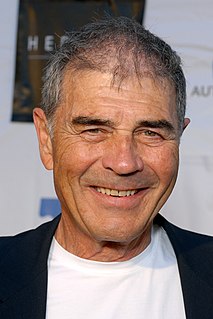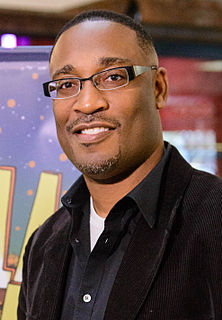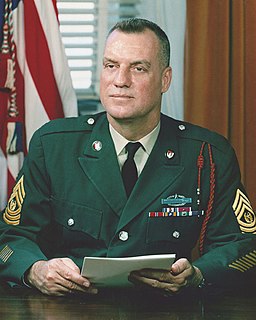A Quote by Ava DuVernay
Filmmakers need to realize that their job isn't done when they lock picture. We must see our films through.
Related Quotes
Filmmakers need to realize that their job isn't done when they lock picture. We must see our films through. Studios no longer do this for a large percentage of films. The odds that your film will get a major campaign are dim these days. So you must find and nurture your own audience and make sure your film has a life.
Filmmakers need to give the audience that something extra, an incentive to spend money and go to the multiplex - the ticket prices are high. Otherwise they'd just stay home, buy DVDs or download movies. But if there were only big budget movies it would be impossible for the film industry to survive. So I emphasize the importance of mid-range films. But those films need the support of theatre owners. The theatre chains have to have the vision to realize the need to support smaller films for the growth of the domestic film industry.
We must establish all over the country schools of our own to train our own children to become scientists, to become mathematicians. We must realize the need for adult education and for job retraining programs that will emphasize a changing society in which automation plays the key role. We intend to use the tools of education to help raise our people to an unprecedented level of excellence and self respect through their own efforts.
I want to challenge myself to see where my limit is and experiment with a lot of different films. A lot of artists from Asia focus too much on their Asian background. I don't want to let go of my background, but to be a success in the U.S., which is my goal, I realize I need to surround myself with American filmmakers and producers.
Even before the economic crisis in Greece there was no structure for making films - no proper industry, and the structure didn't help filmmakers at all. So filmmakers had to help each other, and make very, very low-budget films. Now with the crisis, things got a bit worse, but filmmakers are still going to be making films. It didn't change that much.
I was very scared when I saw it, because Dune was for me very important in my life. I was very sad I could not do it. When I saw that David Lynch would do it, I was very scared, because I admire him as a movie-maker, and I thought he would do well. But when I see the picture, I realize he never understood this picture. It's not a David Lynch picture. It's the producer who made that picture, no? Who made this horror. For David Lynch, it was a job. A commercial job. It never was that for me.
When you're talking horror or sci-fi, you're working in a genre that has loosely certain thematic elements, or, you could even call them rules. But rules are there to be broken. I think that young filmmakers should go all the way back to the history of horror, from silent films like "Nosferatu", and through to today's horror films, so they understand the history of horror films and what has been done. Understand that, and then add something new or original.
It is often said that education and training are the keys to the future. They are, but a key can be turned in two directions. Turn it one way and you lock resources away, even from those they belong to. Turn it the other way and you release resources and give people back to themselves. To realize our true creative potential-in our organizations, in our schools and in our communities-we need to think differently about ourselves and to act differently towards each other. We must learn to be creative.
I think there's a lot of people going through different things where you feel like your whole world's imploded, and you feel like you lost it all, whether it's physical, emotional, whatever you're going through. If I can be that beacon of hope for people that need it the most through dancing and through our storytelling, then I've done my job.
What have I done? I've blundered my way through life. So I have my picture on the wall. The minute I die, that picture will start to yellow and fade and eventually be gone. Blown in the wind and become part of the molecular structure of something else. These things we see as "success," they're non-accomplishments.






































